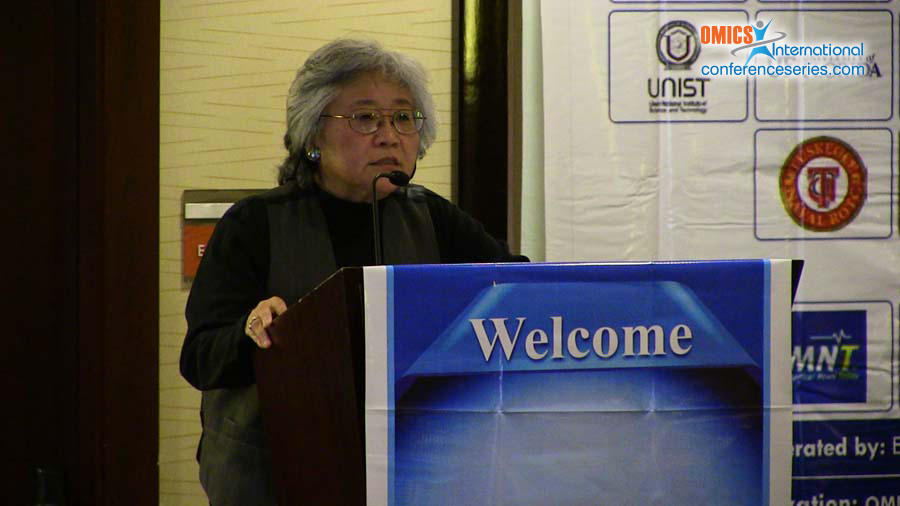
Janet K. Yamamoto
Professor of Retroviral Immunology University of Florida USA USA
Title: A need for T-cell based vaccines against AIDS lentiviruses
Biography
Biography: Janet K. Yamamoto
Abstract
A major pursuit to develop an effective HIV-1 vaccine has ensued throughout the last 30 years and led to only one promising clinical vaccine trial, RV144. This trial used a prime-boost vaccination approach focused mainly on inducing humoral immunity. Remarkably however, CD4+ cytotoxic T-lymphocyte (CTL) responses to the HIV-1 envelope were also detected. The importance of T-cell immunity in the control of virus infection and viral set point has been described for HIV-1 and simian immunodeficiency virus (SIV) infections. Moreover, a commercial vaccine against feline immunodeficiency virus (FIV), the feline counterpart of HIV-1, was mediated by anti-FIV T-cell immunity. As of to date, no T-cell based peptide vaccine has been commercially released for prophylaxis against human or animal pathogens. In current studies, two unique approaches were utilized in the selection and delivery of T-cell based vaccine epitopes. The selected T-cell epitopes were highly conserved among HIV-1, SIV, and FIV, and induced potent CTL and polyfunctional T-cell activities against multiple lentiviruses. These lentivirally-conserved epitope peptides were formulated in pamitoyled multiple antigen peptides and delivered into the cytosol of antigen presenting cells for peptide processing and presentation to the T cells. This approach induced robust CTL and polyfunctional T-cell activities that prevented infection without over-stimulating viral enhancing epitopes. In conclusion, current animal vaccine study demonstrated the existence of T-cell epitopes on the viral proteins that can either enhance infection or confer protection against an AIDS lentivirus, and therefore the need for careful evaluation of epitopes on HIV vaccine immunogen. (247 words)

